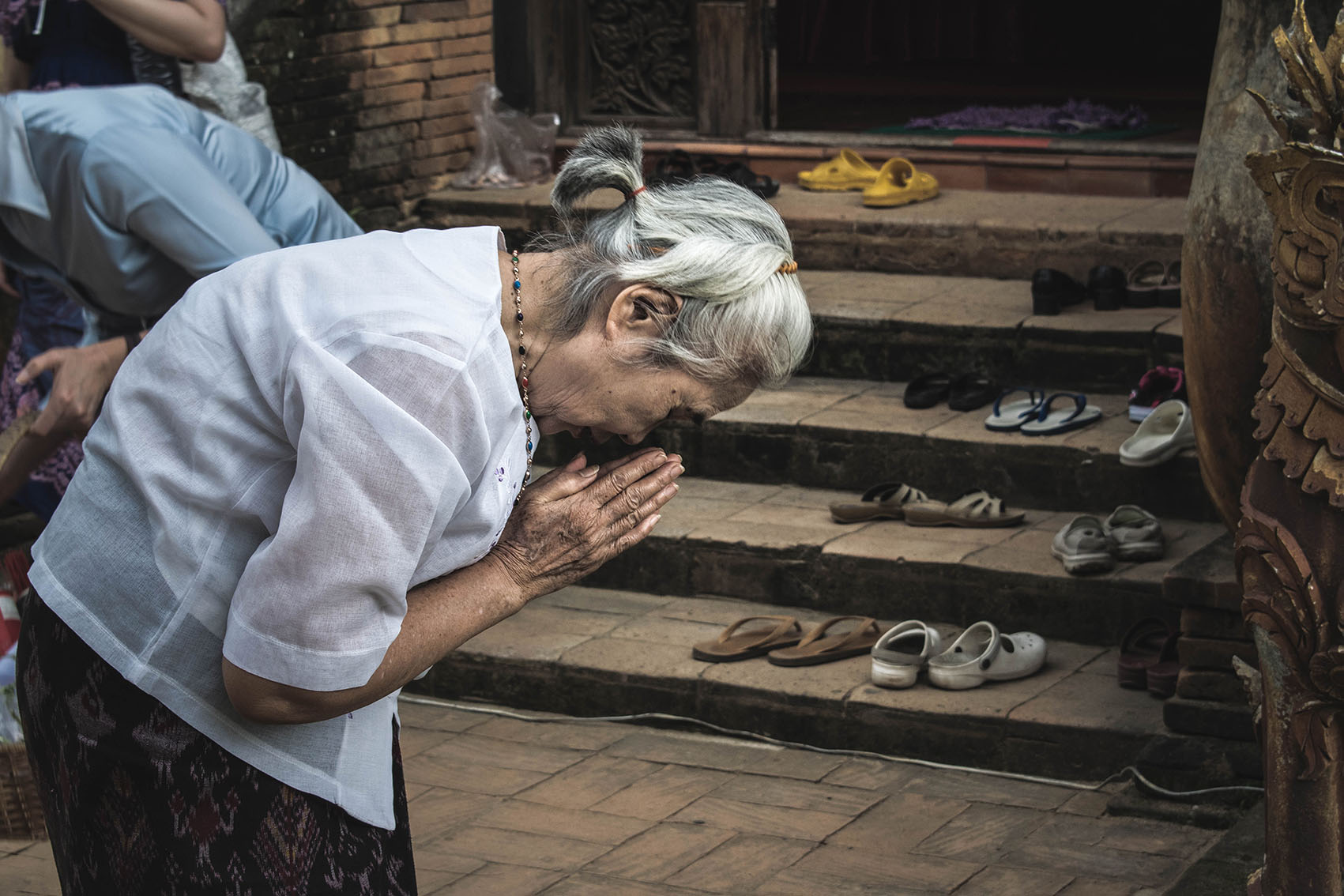Why do people believe in religion? In what ways do religions meet people’s needs? In my opinion, religion is linked to people’s ultimate spiritual satisfaction. One of the important aspects of religion is to improve people’s living conditions. The application of religious propaganda based on doctrines and practices has led people to become believers in the practice of religion. In the process, religious followers constantly pursue what they believe to improve their spiritual existence while making sense of their often-unsatisfying physical existence.
From the creation to the development of religions, religion’s initial task for humanity was to eliminate the survival crisis. For all religions, the proponents of religious beliefs and believers firmly believe in the idea that belief in religion is beneficial to people. The so-called “benefit” is not only an enhancement of the material interests of people in a narrow sense, but is also in the broader sense, that is, in the sense of human existence and development. In the primitive society, there is a universal worship of nature, which is inextricably linked to the strong dependence of man on nature and the fear of ignorance. Through the personification of natural forces, the first God was born.
After mankind entered the stratified society, only a few people possessed means of production and the vast majority of people did not possess the means of production, inequality in the distribution of interests was resulted. In the case where the masses were unable to fundamentally change the situation, religions were performing fundamental changes in the believers’ spiritual world. As a result, spiritual equality became a source of condolence for the exploited majority. Christianity believes that human beings were created by God, and human ancestors Adam and Eve were guilty of the original sin in the garden of Eden by the serpent’s temptation to steal wisdom. Because the original sin was committed by the ancestors of mankind, this sinful element was continued in the children of mankind.
Among these descendants, irrespective of their actual social status, their wealth, and their advantageous position in society, they are all guilty before God. Belief in the sin makes every social member equal in status before God and faces the problem of salvation. Those who are often distorted in the real world, the oppressed, the persecuted, the discriminated, and the impoverished are all proclaimed by God as being blessed. This is an attempt of religions to correct the unequal reality, and also the psychological and spiritual satisfaction of people’s basic needs. Although it does not merge the physical difference between people, it provides a spiritual solution for people to find peace.
In the same way, Buddhism also originated from the strict hierarchical system that the society had formed at the time—the reality of the caste system in India. This tradition continued through generations, shaping all aspects of the society. However, in this case, Buddhism publicly declared all beings to be equal. Whether it is a king, a nobleman, a wealthy businessman, or a slave, or a prostitute, one can become a Buddhism disciple. Everyone spends his or her entire life in the hardships of the real world. They all face the sufferings of life to carry out six rounds of reincarnation. They all face and needed to be freed from the ocean of suffering. This same starting point and equality in the spiritual world has reduced the crisis of repression and survival caused by hierarchies in the real world.
Religion has placed people’s hopes of the fundamental changes in the afterlife. It fully satisfies the believers and practitioners with the concern for future happiness. According to the Koran: “The who believe, and those who are Jews, and Christians, and Sabaeans whoever believeth in Allah and the Last Day and doeth right surely their reward is with their Lord, and there shall no fear come required to both neither Shall they grieve.” In contrast, the unrighteous people had followed the luxurious life they enjoyed, they are considered criminals. Allah will bring them painful punishments in the current and future generations. This reward and punishment system is found in many religions around the world, which serves as a social regulatory system beyond the authorities.
In conclusion, religion is a kind of existence that contains revolutionary factors in the social situation where there are major differences in property, rank, and social circumstances. Religion, through believer practices, seeks for equality, balance, and average for every member of society: in terms of social status, mentality, and property. It links faith with people’s good deeds

